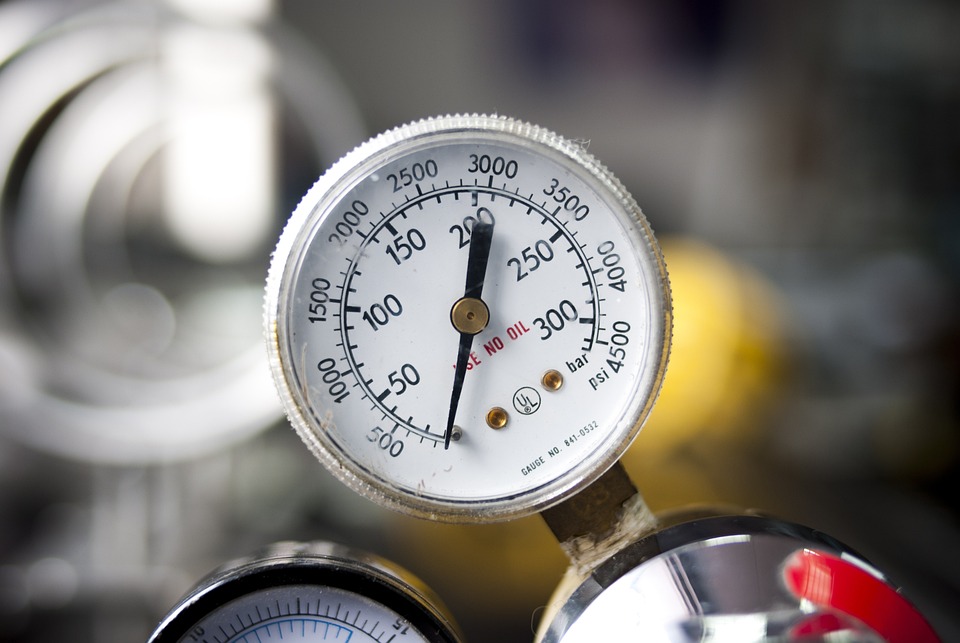
The Role of Peer Pressure in Shaping Society
Peer pressure plays a significant role in shaping the values, behaviors, and beliefs of individuals within society. Whether positive or negative, peer pressure can influence people to conform to certain norms, behaviors, and attitudes that are prevalent among their peers. This pressure can have a powerful impact on shaping society as a whole, as individuals are influenced by the attitudes and behaviors of those around them.
Definition of Peer Pressure
Peer pressure can be defined as the influence that people of the same age, social group, or status have on one another. It can come in many forms, including indirect pressure through social norms, direct pressure from peers, and self-imposed pressure to fit in with a particular group. Peer pressure can be either positive or negative, depending on the values and attitudes that are being reinforced.
The Effects of Peer Pressure on Society
The effects of peer pressure on society are vast and can be seen in various aspects of life. One of the most significant impacts of peer pressure is its influence on the behavior of individuals. When people are surrounded by peers who engage in certain behaviors, such as smoking, drinking, or drug use, they may feel pressured to conform in order to fit in with their social group. This can lead to negative consequences for both the individual and society as a whole, such as an increase in substance abuse and related health problems.
Peer pressure can also play a role in shaping societal norms and values. When a group of individuals collectively adopts a certain belief or attitude, it can influence the wider society to accept and adopt those same values. This can be seen in social movements, political ideologies, and cultural trends that are shaped by the attitudes and behaviors of influential peer groups.
The Role of Peer Pressure in Adolescence
One of the most prominent examples of peer pressure in shaping society is its impact on adolescents. Adolescents are particularly susceptible to peer pressure due to their desire to fit in and be accepted by their peers. During this formative period of life, teenagers are often influenced by the attitudes and behaviors of their peers, which can shape their own beliefs and values.
Peer pressure in adolescence can have both positive and negative effects on individuals and society. Positive peer pressure can encourage teenagers to engage in healthy behaviors, such as academic achievement, volunteering, and positive social interactions. On the other hand, negative peer pressure can lead to risky behaviors, such as substance abuse, delinquency, and bullying.
Resisting Peer Pressure and Promoting Positive Change
While peer pressure can have a powerful influence on individuals and society, it is possible to resist negative peer pressure and promote positive change. Education, awareness, and support systems can help individuals to develop critical thinking skills, self-confidence, and resilience in the face of peer pressure.
Parents, teachers, and mentors can play a crucial role in helping young people navigate peer pressure and make positive choices. By fostering open communication, providing guidance, and setting a positive example, adults can empower teenagers to resist negative peer pressure and make informed decisions that align with their values and goals.
In conclusion, peer pressure plays a significant role in shaping society by influencing the attitudes, behaviors, and beliefs of individuals within social groups. Whether positive or negative, peer pressure can have a powerful impact on shaping societal norms, values, and behaviors. By understanding the effects of peer pressure and promoting positive change, individuals and society can work together to create a healthy and supportive environment for all.